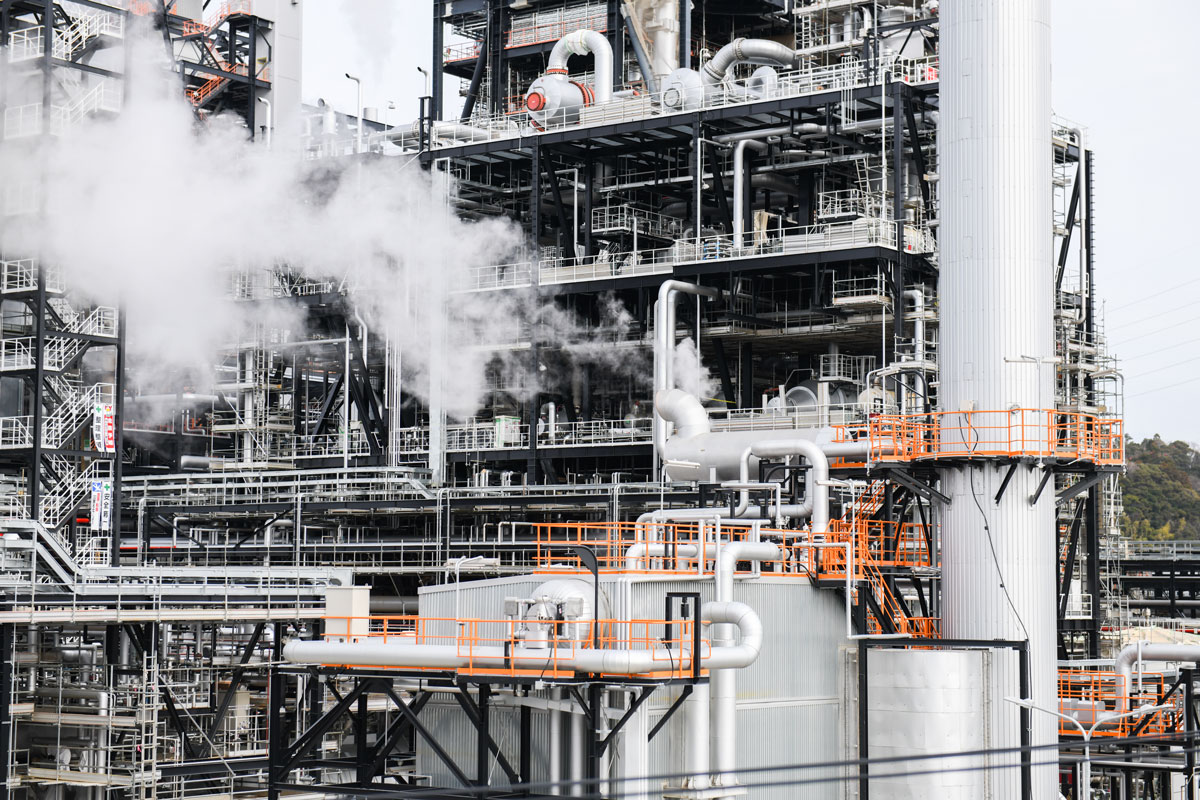G7 leaders will agree to cut off support for dirty coal by end of the year

Never before has climate change been so prominent on a G7 agenda. But equally, the world has never been at such a critical point to act on this existential threat.
Despite the Covid-19 pandemic that brought much of the global economy to a standstill in spurts over the past 18 months, carbon emissions are still at an all-time high.
The US, UK and EU in April all lifted their targets to slash carbon and other greenhouse gas emissions by 2030 — scientists say that emissions need to be halved over this decade to keep global warming from breaking the threshold of 1.5 degrees Celsius above pre-industrial levels. We are already 1.2 degrees Celsius from that baseline.
Pressure is mounting on Canada and Japan to increase their pledges, which fall far behind those of their G7 allies.
It’s not clear if they will, or if anything concrete will even emerge today as leaders hold their climate change session later this morning.
Japan has already agreed to stop using old, inefficient coal-fired power plants, but it remains heavily reliant on coal in its energy mix, particularly as it softened on nuclear power after the Fukushima disaster. Canada’s economy is still buoyed by oil and gas and, while it also raised its pledge in April, scientists and climate activists say it’s nowhere near in line with 1.5C.
G7 meetings tend to end with communiqués that set a tone, a direction. That’s important — the world will need to get on the same page if the COP26 climate conference in Glasgow later this year is to be a success and to end in decision that will prevent anything more than an extra 0.3 degrees C of warming. Going beyond that will put millions more people at risk of extreme weather events and their impacts, like heatwaves and drought, and will all but wipe out coral reefs that sustain vital ecosystems, scientists project.
Still, there are positive signs and clear momentum.
Before the leaders’ summit, environment and energy ministers agreed to stop funding coal-fired power plants in developing countries by the end of this year, and to ensure 30% of land and sea in their own countries are protected, in line with scientists’ advice on how ecosystems will need to contribute to climate change mitigation.
Finance ministers agreed to move toward a system of mandatory reporting for listed companies and financial institutions to disclose their climate-related risks — in what is likely a stepping-stone to more concrete agreement at the COP26 conference in November.
And language from leaders that they will keep their policies in line with 1.5C suggests fossil fuel companies may soon have to prove their activities are in line with that goal — they are clearly not.
It’s crunch time for climate, and the direction G7 leaders set today for this crucial decade will be among the most important in history for the future of our planet.
![]()


